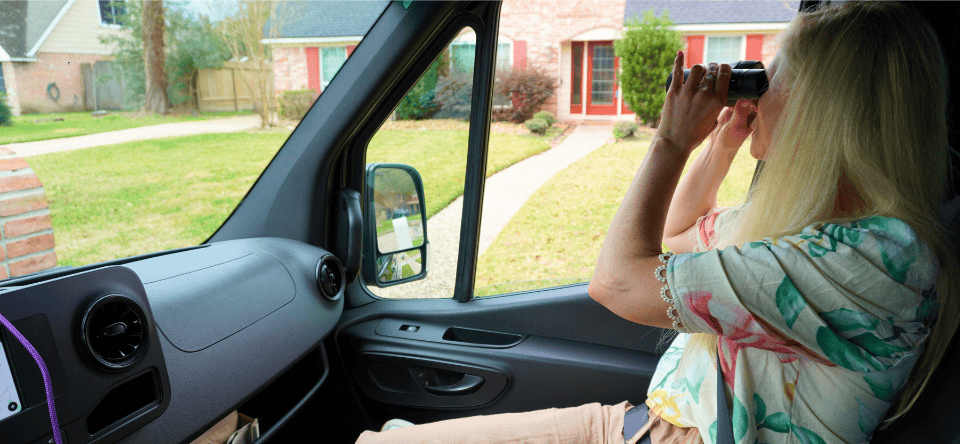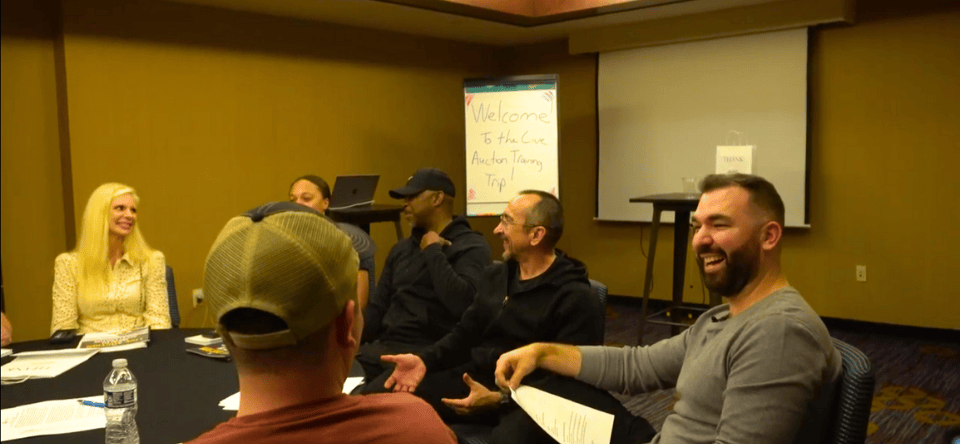Last Updated on September 8, 2025
Table of contents
Did you know that hundreds of thousands of tax liens go unsold at tax sales every year? These untapped opportunities are just sitting at county offices, waiting for someone like you to invest in them. And here’s the kicker—they can often be purchased for just pennies on the dollar!
The counties rely heavily on these funds to keep essential services like schools, police departments, and fire stations running smoothly. When tax liens remain unsold, it creates a gap in their budgets. This is where savvy investors step in, providing much-needed funding while unlocking lucrative opportunities for themselves.
Over‑the‑Counter Tax Liens: A Simple Guide for New Investors
Have you ever wondered what happens when someone does not pay their property taxes? The local county still needs that money to pay for schools, police, fire stations and other services. One way counties raise money is by selling a tax lien.
A tax lien is an unpaid tax bill attached to a property. When you buy a tax lien, you pay the back taxes for the owner. The owner then has to pay you back plus interest. If they do not pay within a set period, you may be able to get the property.
Most tax liens are sold at public auctions. Investors bid for them and often drive the price up or lower the interest rate. Because many investors only bid on certain properties, thousands of liens go unsold each year. Counties do not want these leftovers sitting on the shelf, so they sell them directly to the public. These unsold liens are called over‑the‑counter tax liens (OTC liens).
Tax Liens Explained
Think of a tax lien like a loan you give to a homeowner who owes property taxes. You pay the county what the homeowner owes. The homeowner now owes you. They must pay you back the full tax plus an interest fee set by state law. This interest rate is often much higher than what you would get from a bank savings account.
If the owner pays you back, you earn money from the interest. If they don’t pay after a certain time (called the redemption period), you may be able to start a legal process to get the property itself. Rules vary by state.
Different Ways to Buy Tax Liens
There are three main ways people can buy into unpaid property taxes.
- Over‑the‑counter tax liens: These are the leftover liens that did not sell at the public auction. The county sells them directly at a set price and interest rate. There is no bidding. Because they are unsold, counties may reduce the price to attract buyers.
- Auction tax liens: Counties hold public auctions where investors compete. The highest bidder gets the lien, often at a lower interest rate because of competition.
Here is a quick chart comparing these options:
| Type of sale | Description | Competition? | Typical cost | Possible return |
| Over‑the‑counter lien | Unsold liens sold directly by the county | No, set price | Usually lower; discounted price is common | Fixed interest set by state law (often 12–24%) |
| Auction lien | Liens sold at auction | Interest depends on the winning bid; it is often lower | Can be higher because of bidding | Interest depends on the winning bid; it is often lower |
Why Buy Over-the-Counter Tax Liens?
- Many choices: Counties have lots of unsold liens after auctions. That means you can pick from a large list of properties instead of fighting over a few.
- Lower prices: Because these liens did not sell at auction, the county may offer them at a lower cost. This makes it easier for beginners to start investing without spending a lot of money.
- Predictable returns: The interest rate on a tax lien is fixed by state law. Some states offer rates between 12% and 24% per year. If the owner pays you back, you earn that interest rate on your money.
- No auction pressure: You buy directly from the county. There is no competition and no need to attend an auction.
Steps to Buy Over-the-Counter Tax Liens
- Check which states sell OTC liens.
Not all states have tax lien sales. Some sell tax deeds instead. Look up your state’s rules to see if over‑the‑counter liens are available.
- Get the list of unsold liens.
Contact the county tax collector or treasurer. Ask for the list of tax liens that did not sell at the last auction. Some counties post the list online; others email it or charge a small fee.
- Do your homework on each property.
Research the property’s address. Use online maps to check its location and condition. Make sure there are no other large debts on it, like a mortgage or federal tax lien.
- Understand the redemption period.
Each state gives the property owner a certain amount of time to pay back the taxes and interest. Know how long you may have to wait before you get your money or can start foreclosure.
- Follow the county’s purchase instructions.
Once you pick a lien you like, pay the county using the method they require (check or online payment). They will send you a certificate showing you own the lien.
- Collect your return.
If the owner pays you back within the redemption period, you get your initial payment plus the interest. If not, you may be able to begin foreclosure to get the property, following state laws.
Extra Tips
- Use free mapping tools to see the property from street level. Avoid properties in bad condition or with no real value.
- Start small to learn the process. Buy one or two liens before investing a lot of money.
- Check local zoning to know if the property can be used for housing, business, or other purposes.
FAQ
It is an unpaid property tax that did not sell at the county’s auction. The county sells it directly to the public at a set price.
No. You can buy these unsold liens directly from the county without bidding.
You can start with a few hundred dollars. Counties often discount unsold liens, so prices are lower than auction prices.
If the owner does not pay within the redemption period, you may be able to start a legal process to get the property. This process varies by state and can take time and extra costs.
All investments have risks. The property might be damaged or located in a poor area, and other debts may stay attached to it. Always research before you buy.
How to Get Started
If you’re curious about diving into OTC tax liens, it’s simpler than you think. All you need is a bit of research, a clear strategy, and the willingness to act. Start by contacting counties to find out what’s available.
➡️ Learn more about over-the-counter tax liens here to discover how this strategy could transform your real estate journey.
This strategy excites us, and it might just be the next best move in your real estate investing game.
Talk soon,
Dustin
PS: For more actionable tips and insider strategies, check out our YouTube Channel and stay ahead in the world of real estate investing!









